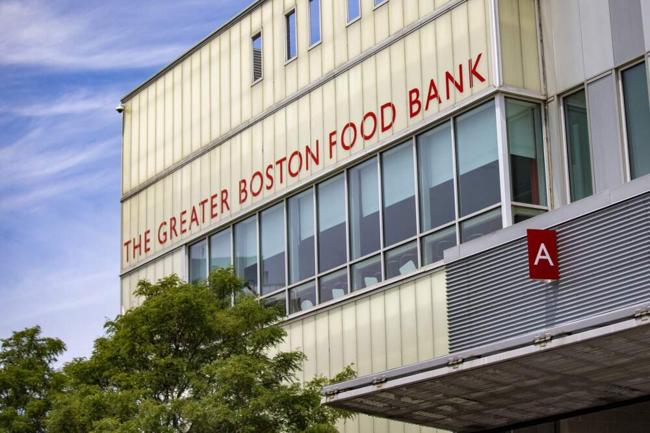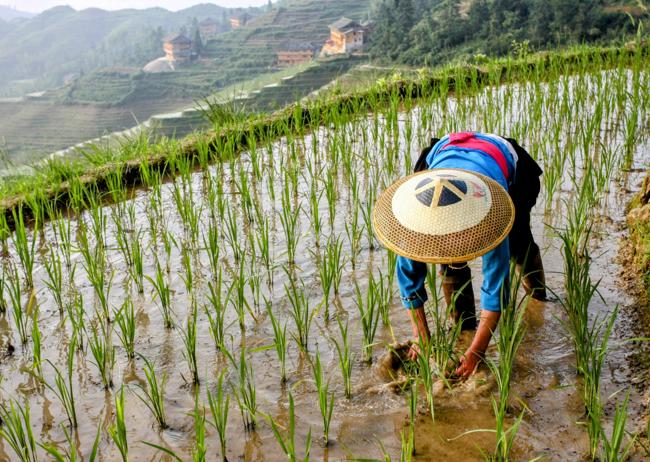Summary
The food loss and waste paradox is unacceptable in a country grappling with food insecurity, climate-related shocks, and economic constraints.
Source: Business Daily Africa

AI News Q&A (Free Content)
Q1: How do social behavior changes play a role in addressing food loss and waste?
A1: Social behavior changes are crucial in addressing food loss and waste as they involve altering the habits and practices of individuals and communities to reduce waste. This involves understanding the behavioral causes of waste and implementing strategies to encourage sustainable behaviors. Behavioral interventions, such as public awareness campaigns and educational programs, can help individuals make informed choices that reduce food waste at the household level and throughout the food supply chain.
Q2: What are some technological innovations in agriculture that address food security and sustainability?
A2: Technological innovations in agriculture, such as sensors, communication technologies, and programming techniques, play a vital role in improving food security and sustainability. These technologies enable real-time data collection on soil health, moisture levels, and crop conditions, allowing farmers to make informed decisions and optimize resource management. By integrating traditional agricultural practices with modern technologies, agriculture can become more resilient, ensuring sustainable food production and enhanced food security.
Q3: How does food loss and waste contribute to environmental issues like climate change?
A3: Food loss and waste significantly contribute to environmental issues, particularly climate change, by generating 3.3 billion tons of CO2 emissions annually. The decomposition of food waste in landfills produces methane, a potent greenhouse gas. Additionally, food waste represents a misuse of resources like water and land, further exacerbating environmental degradation. Reducing food waste can mitigate these impacts by lowering greenhouse gas emissions and conserving natural resources.
Q4: What strategies are being implemented to achieve Sustainable Development Goal Target 12.3 regarding food waste?
A4: To achieve Sustainable Development Goal Target 12.3, which aims to halve global per capita food waste by 2030, various strategies are being implemented. These include promoting food waste prevention, enhancing food donation systems, and improving food waste recycling. Additionally, international collaborations and policy frameworks are being developed to support these efforts, with a focus on raising awareness and promoting behavioral changes at the consumer and retail levels.
Q5: How does the 'Too Good To Go' app contribute to reducing food waste?
A5: The 'Too Good To Go' app helps reduce food waste by connecting consumers with restaurants and stores that have surplus unsold food. The app enables users to purchase this food at a reduced price, thereby preventing it from being discarded. As the fastest-growing sustainable food app, 'Too Good To Go' has facilitated the saving of over 200 million meals, showcasing its effectiveness in minimizing food waste and promoting sustainable consumption.
Q6: What role do agricultural crop residues play in sustainable livestock production?
A6: Agricultural crop residues, such as cereal straws and stovers, are essential in sustainable livestock production as they provide an alternative feed source, reducing the need for conventional feed crops. Utilizing these residues not only lowers feed costs but also mitigates methane emissions from livestock, contributing to environmental sustainability. The integration of crop residues into animal feed formulations enhances livestock productivity without adverse health effects, supporting both food security and environmental stewardship.
Q7: What are the challenges and opportunities of ICT innovations in Africa's agriculture sector?
A7: ICT innovations in Africa's agriculture sector present both challenges and opportunities. While ICT technologies like mobile phone services and radio broadcasts improve access to agricultural information, challenges include infrastructure limitations and the need for localized content. Despite these challenges, ICT innovations offer opportunities to enhance agricultural productivity, improve food security, and empower rural farmers through better access to timely and accurate information.





